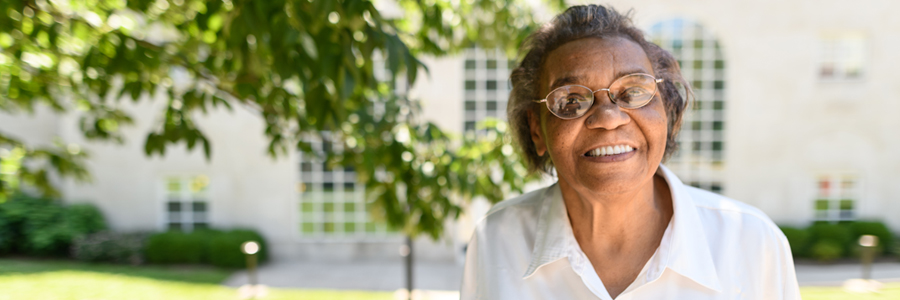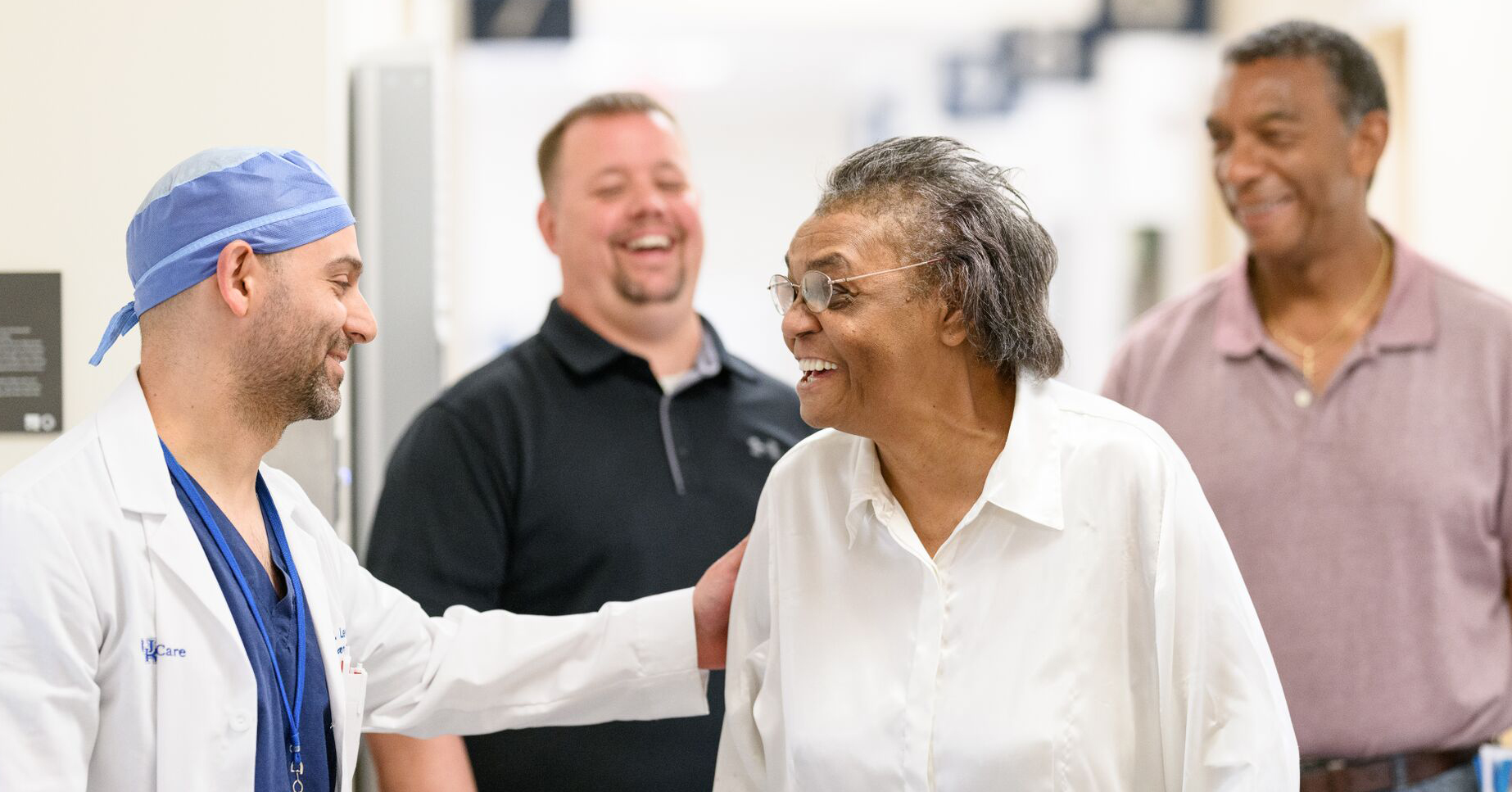Experimental heart valve turns life around for Manchester woman

It’s been a year since Priscilla Riley’s life changed forever.
Riley, now 71, had been plagued with heart problems for most of her life. As a small child growing up in Eastern Kentucky, she’d had a problem with her aortic valve, the valve that connects the heart to the rest of the body.
“My oldest brother used to carry me down the holler to see the doctor,” she said. “He told my family I would not live very long.”
Riley survived, but she was never the same. When other kids would run and play, she could only sit and watch – a memory that still brings a tear to her eye.
Her heart problem became something she just lived with, making adjustments as she could.
In 1993, she had the Ross procedure, which is an open-heart surgery. In this operation, the aortic valve is replaced with the patient’s pulmonary valve, the valve that connects the heart to the lungs. The pulmonary valve is then replaced with an artificial valve.
Recovery was difficult: Riley spent several weeks in the hospital and two months getting over the surgery. But the procedure was successful and for a while she felt better.
Gradually, though, the problems returned. The artificial pulmonary valve was leaking. Riley began suffering from congestive heart failure – a potentially life-threatening condition in which the heart can’t pump enough blood to meet the body’s needs.
At one point, doctors removed 60-70 pounds of fluid from Riley’s slight body. She’d feel better, but then the fluid would begin to build up again. It was a cycle that happened over and over.
Because of her age and previous surgery, Riley was not a candidate for traditional surgery. Doctors feared she would not survive.
By April 2017, Riley was so ill it looked like she might not make it. That’s when she came to UK and met Dr. Andrew Leventhal, an interventional cardiologist at the Adult Congenital Heart Clinic, part of the UK Gill Heart & Vascular Institute.
Leventhal is a co-principal investigator on a study of the new transcatheter heart valve the Sapien 3. He realized Riley might be a candidate.
The trial, known as COMPASSION 3, tests the efficacy of the Sapien 3 catheter heart valve as a replacement for a diseased pulmonary valve. The Sapien 3 has already been approved for replacement of the aortic valve.
“The COMPASSION Trial is an excellent example of new technology that will help bridge the gap for adults with congenital heart disease who still need specialized follow-up care," said Leventhal.
Instead of open-heart surgery, the replacement valve is inserted through a vein in the patient’s leg and threaded up to the heart. The incision in Riley’s leg required only a single stitch.
The procedure went exactly as doctors had hoped, and Riley was on her way home two days later.

“If it hadn’t been for a small problem with her blood pressure being low, a problem she’d had before this procedure, she could have gone home the very next day,” said her friend and pastor Anthony Lovett, who accompanied Riley to the procedure.
“It still blows my mind,” Lovett said. “The recovery was minimal – no recovery, really. Get her blood pressure regulated and head on home, no problem.”
And unlike the open heart surgery she had in 1993, Riley felt better almost immediately. She was cooking and helping her son with his laundry within days, she said happily.
Other patients also stand to benefit, said Leventhal. “If this valve is approved that would expand the number of patients who can be treated percutaneously,” he said. “And we hope this valve has greater durability and less leak around the valve.”
A year after her surgery, Riley is going strong and feeling good.
“I haven’t felt as good in my life as I do now,” she said.
“The doctors have done it again. I’m going to make it again.”





